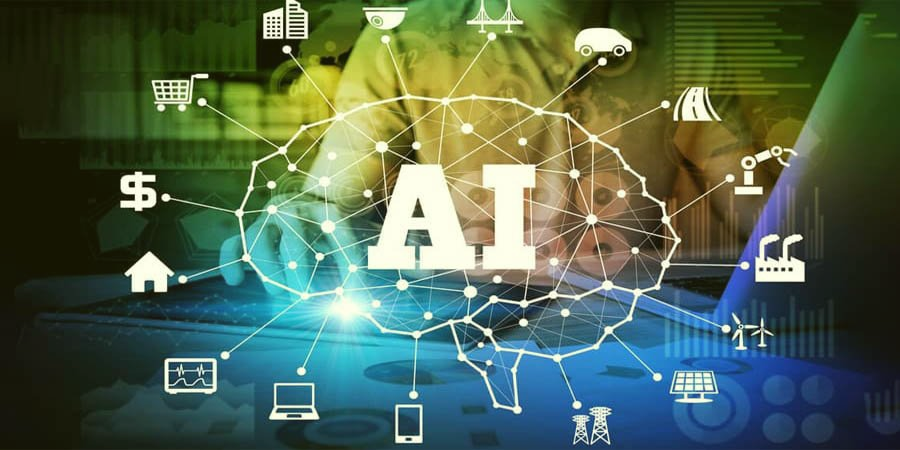
The Era of Digitalization: Transforming Our World 2024
In recent years, we have witnessed an unprecedented shift toward digitalization across nearly every sector. This era is defined by the integration of digital technologies into daily life, changing how we communicate, work, learn, and interact with the world. Accelerated by the COVID-19 pandemic, this digital transformation is no longer optional—it’s essential for growth and resilience in today’s world.
1. Impact on Communication
Digitalization has completely transformed the way we connect. Social media platforms, instant messaging apps, video conferencing tools, and collaborative software have made global communication fast, efficient,
and cost-effective. Whether it's conducting virtual meetings or engaging with customers in real-time, digital tools have improved relationship-building across personal and professional domains.
2. Revolutionizing Business Operations
For businesses, digitalization has unlocked greater efficiency, productivity, and innovation. From cloud computing and automation to AI-driven analytics and CRM platforms, companies are using technology
to reduce costs and enhance decision-making. This shift supports remote work, real-time data access, customer engagement, and competitive advantage in today's dynamic market.
3. Transforming Education
Education has undergone a significant digital evolution. Online learning platforms, digital classrooms, and e-learning content have made education more accessible than ever. Students can learn at their
own pace, collaborate across geographies, and access a global network of knowledge. Institutions now blend traditional and online models to improve flexibility and learning outcomes.
4. Advancements in Healthcare
The healthcare industry is also benefiting from digitalization. From telemedicine and digital health records to AI-assisted diagnostics, technology is improving patient care, reducing costs, and making
healthcare services more accessible—especially in remote areas. Wearables and mobile health apps empower individuals to monitor their well-being in real-time.
5. Challenges and Considerations
Despite its many advantages, digitalization brings with it critical challenges. Data privacy, cybersecurity, digital inequality, and tech dependency are pressing issues. Ensuring that all individuals and
communities have equitable access to digital infrastructure is crucial. Likewise, protecting sensitive information and ensuring ethical AI use will be central to future development.
6. The Future of Digitalization
The digital world continues to evolve rapidly with emerging technologies like Artificial Intelligence (AI), Blockchain, Internet of Things (IoT), 5G, and Metaverse. These will drive innovations in smart
cities, automation, real-time analytics, and intelligent services. As we move forward, responsible adoption and digital literacy will be the keys to inclusive growth.
Conclusion
The era of digitalization is not just about adopting new technologies—it's about transforming societies, economies, and lives. As we embrace digital tools in communication, business, education, and healthcare, we must
remain mindful of the ethical, social, and security implications. When guided by innovation and inclusion, digitalization can pave the way for a smarter, more connected, and sustainable future for all.